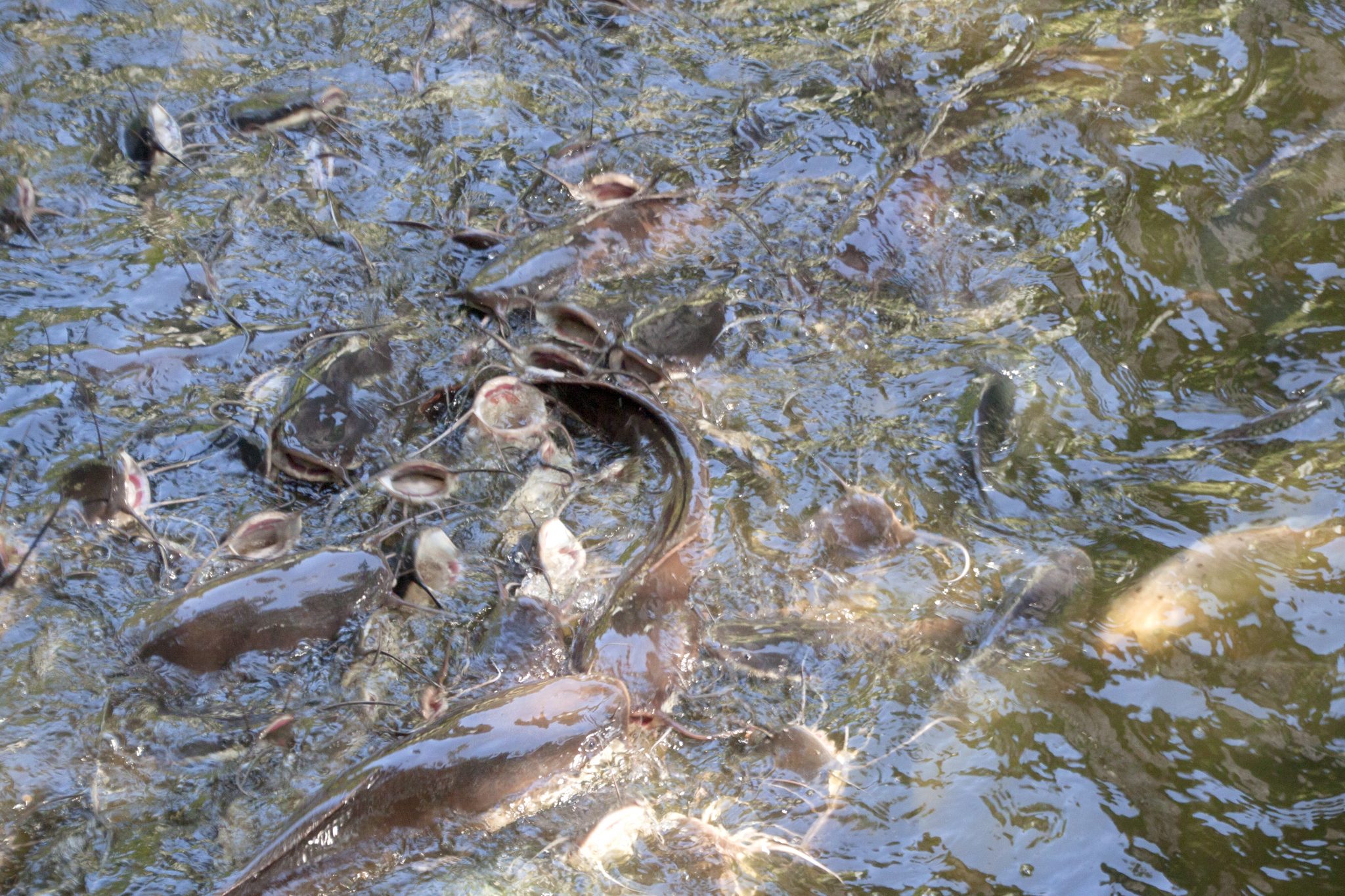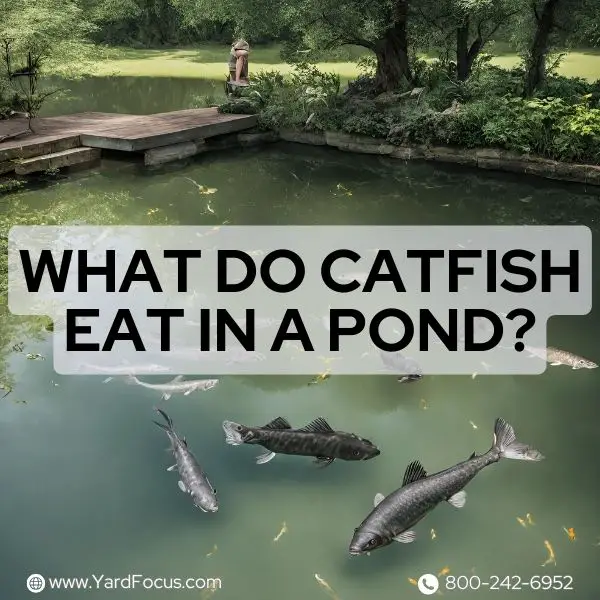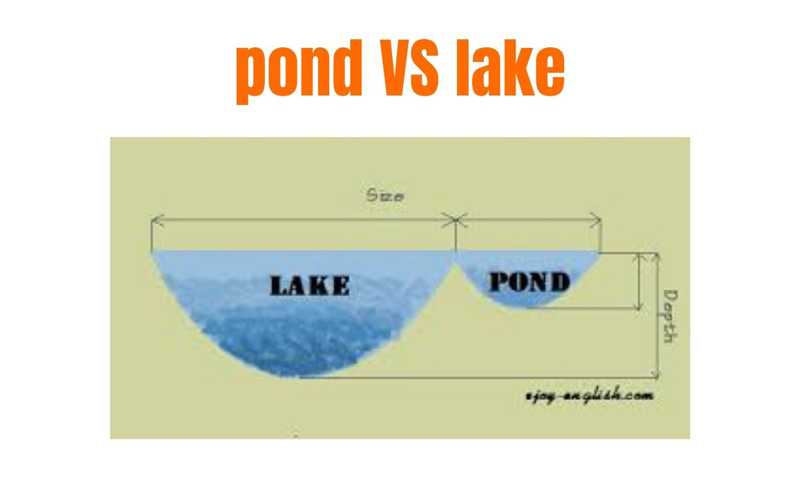Welcome to our comprehensive guide on what catfish eat in a pond. Catfish are popular freshwater fish species that can be found in ponds, rivers, and lakes all around the world. They are known for their bottom-feeding behavior and voracious appetite. If you have a pond and are considering adding catfish to it, you may be wondering what to feed them. In this article, we will explore the natural diet of catfish in a pond and provide tips on how to ensure they are well-fed and healthy.
1. Natural Diet of Catfish
Catfish are opportunistic feeders, which means they will eat a wide variety of food sources depending on what is available in their environment. In a pond setting, catfish primarily feed on:
- Aquatic insects
- Worms and larvae
- Small fish
- Crustaceans
- Plants and algae
These natural food sources provide catfish with the essential nutrients they need to grow and thrive. Catfish are bottom-dwellers, so they spend much of their time scouring the pond floor for food.

Credit: www.aces.edu
2. Feeding Catfish in a Pond
While catfish are capable of finding their own food in a pond, supplemental feeding can help ensure they are getting all the nutrients they need to stay healthy and grow. If you are planning to raise catfish in your pond, here are some feeding tips to keep in mind:
- Commercial Fish Feed: You can supplement the natural diet of catfish with commercial fish feed. These feeds are specially formulated to provide catfish with the right balance of proteins, vitamins, and minerals.
- Live Food: Offering live food such as worms or insects can help mimic the catfish’s natural feeding behavior and provide them with enrichment.
- Frequency: Feed your catfish once or twice a day, only giving them as much food as they can consume in a few minutes to avoid overfeeding and water quality issues.
- Observe Behavior: Monitor your catfish while feeding to ensure they are actively eating. If you notice any changes in their appetite or behavior, it could be a sign of health issues.
3. Best Foods for Pond Catfish
When it comes to feeding catfish in a pond, there are several foods you can offer to ensure they are getting a well-rounded diet. Some of the best foods for pond catfish include:
| Food Type | Description |
|---|---|
| Commercial Fish Feed | Specially formulated pellets or crumbles that provide essential nutrients for catfish. |
| Worms | A natural and protein-rich food source that catfish love to eat. |
| Insects | Live insects like crickets or mealworms can be a great treat for catfish. |
| Shrimp | Frozen or live shrimp can be a tasty and nutritious food option for catfish. |
| Vegetables | Blanched vegetables like peas or zucchini can provide fiber and vitamins to catfish. |
4. Tips for Keeping Catfish Healthy
Ensuring your pond catfish are healthy and thriving requires more than just providing them with food. Here are some additional tips to keep your catfish in top condition:
- Water Quality: Regularly test and maintain the water quality in your pond to ensure it is suitable for catfish.
- Habitat: Provide ample hiding spots and shelter for catfish to reduce stress and promote natural behavior.
- Temperature: Catfish thrive in water temperatures between 75-85°F, so ensure your pond stays within this range.
- Monitoring: Keep an eye on your catfish for any signs of illness or distress, and address any issues promptly.

Credit: www.youtube.com
5. Conclusion
In conclusion, catfish in a pond have a varied diet that includes insects, worms, small fish, crustaceans, and plants. While they can find food on their own, supplemental feeding with commercial fish feed, live food, and vegetables can help ensure they are well-nourished. By following the feeding tips and keeping a close eye on their health and habitat, you can enjoy watching your pond catfish thrive and grow.
Remember, a healthy diet and environment are essential for happy and thriving catfish in your pond!


